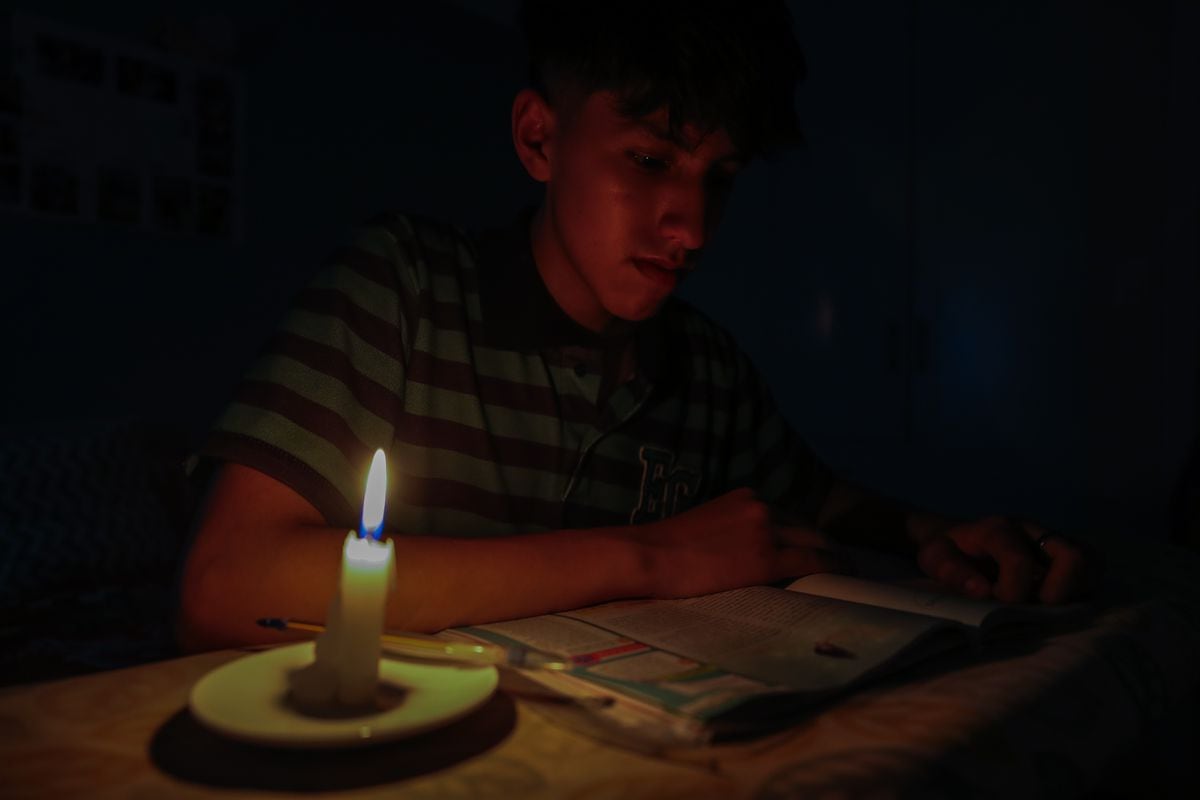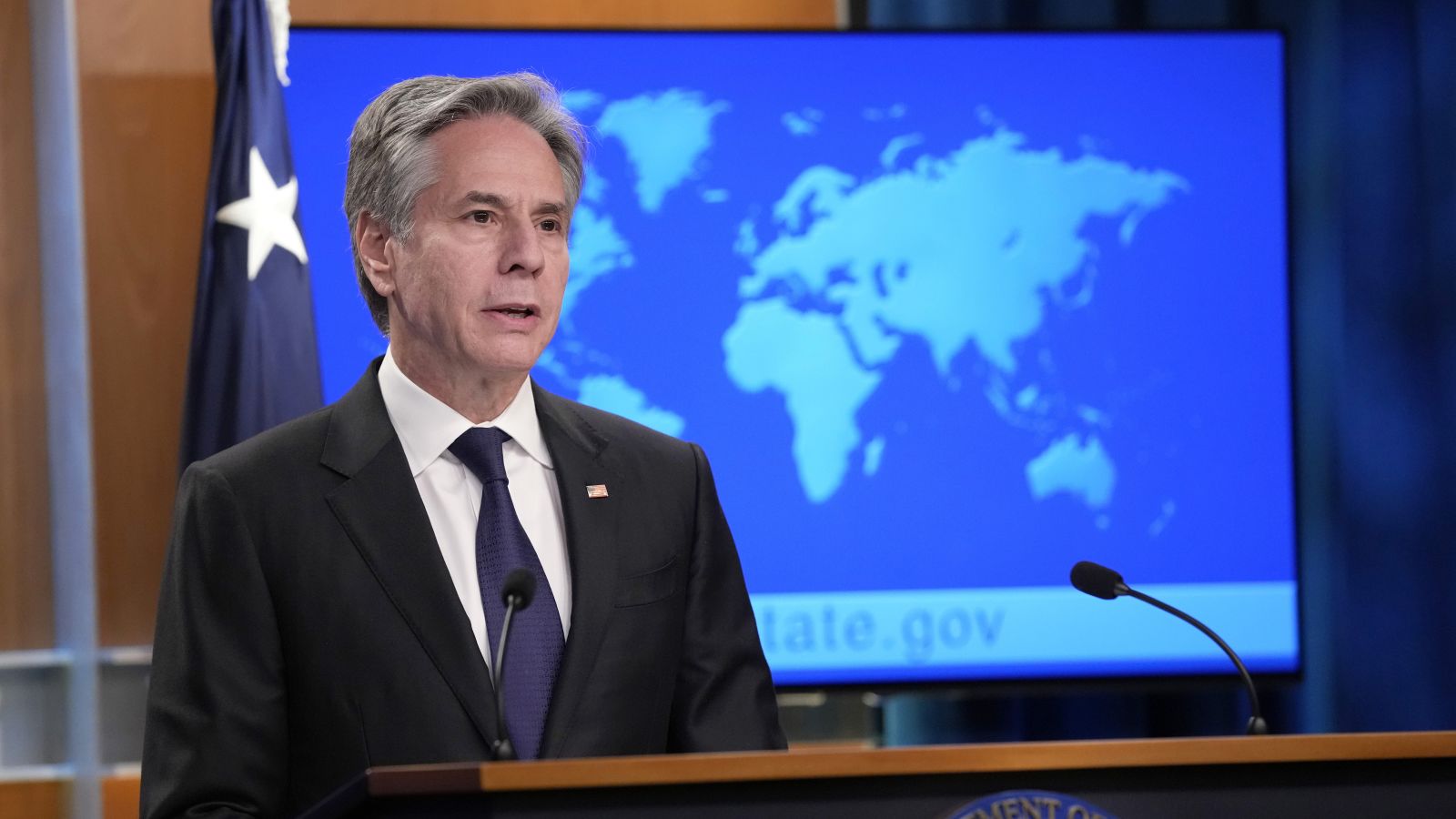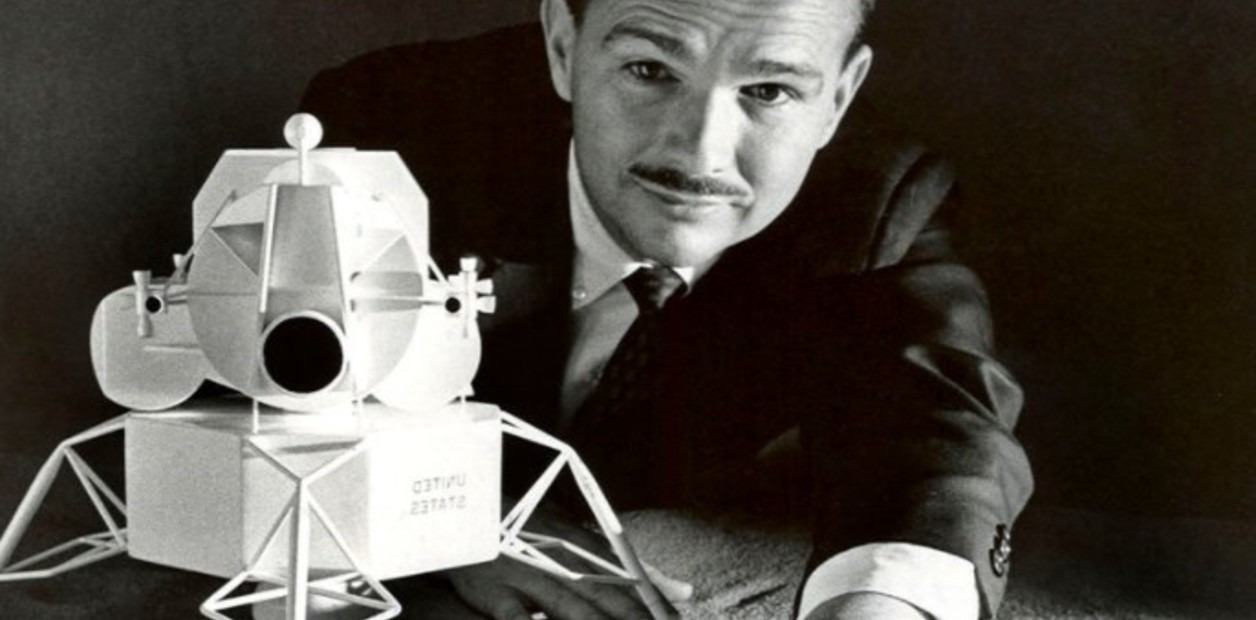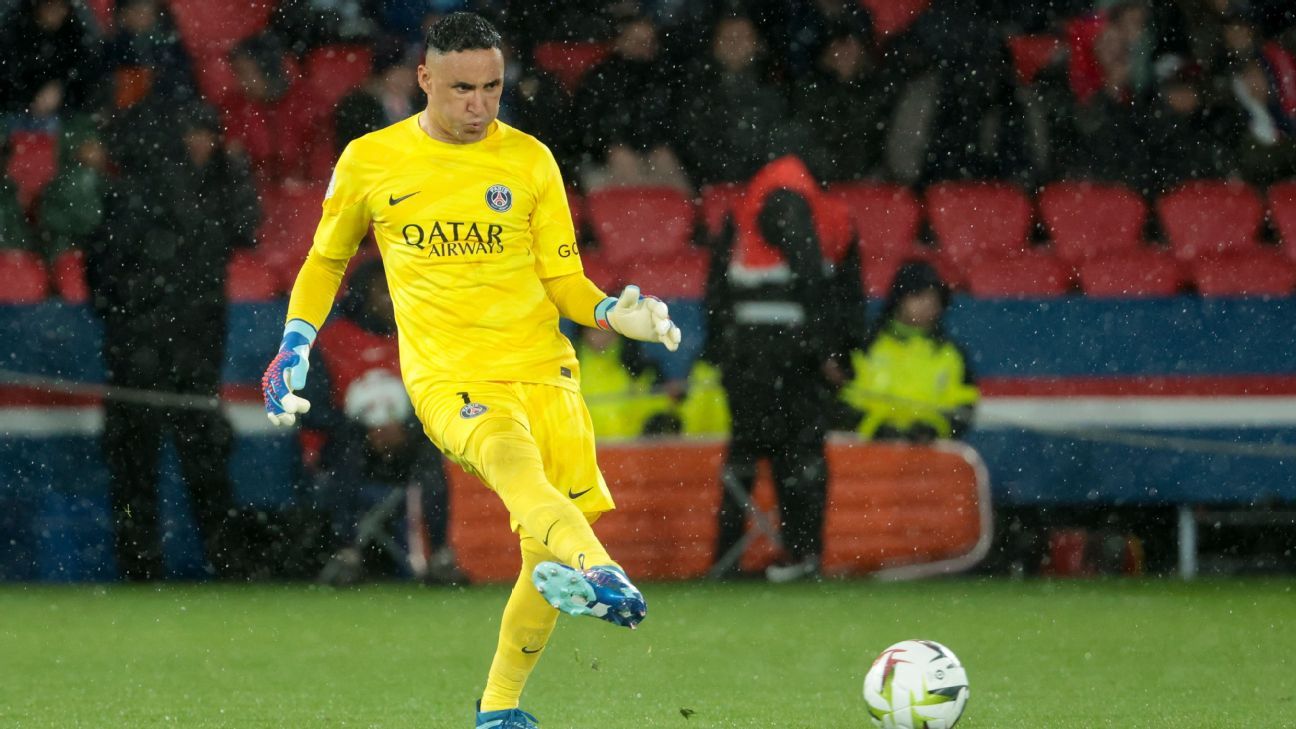Ecuador is in the dark. Despite the president's announcement that they would be suspended, not only because the power outage continued for more than seven hours across the country this Wednesday, the severity of the crisis affecting the energy sector and who is responsible remains unclear. The government gives the clues through its results. For example, the latest decree signed by Daniel Nobowa, in which he will freeze the country for two days. On Thursdays and Fridays, the work and school day is suspended in the public and private sectors to guarantee “rest and relaxation”.
But hours later they learned the root cause: the critical conditions of two very important reservoirs that supply water to hydroelectric plants. “They record an operational storage level of 0% in Mazar and 4% in Paute,” the Presidency statement said. Electricity operator Senus says the situation has reached historic records, and warns that the country faces an energy shortfall of up to 27 gigawatts per day.
In a preliminary investigation by new Energy Minister Roberto Luque, the government asserts that the lack of rain caused by the prolonged drought has not only caused a crisis in the environment, but also in operations. Corruption and negligence by high-ranking Energy Ministry officials, including former minister Andrea Arrobo. “They intentionally withheld information critical to the operation of the National Energy System.” In addition, “they suppressed warnings and alerts to the Energy Crisis Committee, with the aim of ensuring that this serious situation was not unknown so that timely decisions could be made,” the report explains.
The president first addressed the issue at an event to award scholarships to students on April 16, almost a week after the start of the surprise blackout, but worsened on Monday when the blackout spread across the country. Country, more than six hours. Some towns like Naranjal went without power for up to 20 hours, bringing people to the streets to fight. Faced with a fresh crisis, Nobowa responded that it was “sabotage” to prevent the people from succeeding in a referendum to be voted on Sunday. As a move, he asked the energy minister to resign, offered to subsidize 50% of April's electricity wages and launched an inquiry into the sabotage, which he already has the results of. According to the government, it “presented to the Prosecutor's Office a complaint to freeze public service against 22 subversives who tried to harm all Ecuadorians, affecting their development and productivity.”
Not only are “saboteurs” behind the energy crisis, but it also means protecting citizens “from the pretenses of organized crime,” according to the president's statement, without explaining the connection between the two. The blackout in Ecuador began in October 2023 and the current government announced the end of the blackout in February.
The executive statement did not explain how long the blackout would last, but it warned that the mandatory rest ordered by the president would be rationed for two days, as “maintenance will be carried out at power plants, which may mean power rationing at some unscheduled times.” It is not known how many more hours the country will be in darkness.
Follow all the information of El PAÍS América Facebook And XOr among us Weekly newsletter.



:quality(75)/cloudfront-us-east-1.images.arcpublishing.com/elcomercio/XEO2VOOGNVAG3GR2G353WZ6QKU.jpg)

